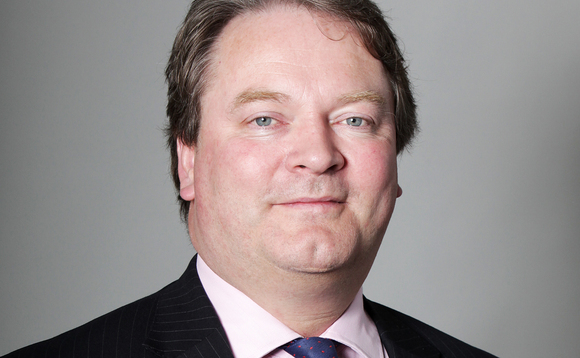Chelverton Asset Management is separating its private capital interests in order to zone in on its "core investment funds" business.
In a statement, the group said that the private equity side of its business "has remained less well developed" than its open-ended portfolios and as a result it is being "spun off" as Macaulay Capital PLC, which floated on the Aquis Stock Exchange (AQSE) today.
Chelverton's core funds business is comprised of several UK small-cap focused portfolios, many of which are led by the group's founder David Horner (pictured). He has taken on the CEO role of Macaulay Capital, but will remain the managing director at Chelverton.
His Chelverton colleague Richard Bucknell, who was investment director of unquoted equities, will join Horner in a dual role, becoming CIO at Macaulay Capital.
Alternatives adds £5bn to Schroders net inflows while mutual funds leak cash
Macaulay Capital will also specialise on smaller UK business, aligning with Horner's open-ended investments.
Chelverton's chair Tim Saunders explained the rationale of separating the private side of the business: "Our unquoted business has introduced many investment opportunities to Investor Club members through the years, across a range of service-related companies."
Saunders noted that the firm "never fully realised our ambitions", or developed its activities in this area "as a fully-fledged stand-alone business".
"The unquoted business is today a relatively minor part of our overall activities. That is in part down to the consistent and significant growth we have enjoyed in our core funds business, which has grown exponentially over the last five years," he added.
BNP Paribas AM integrates private assets divisions into subsidiaries
"Our focus has been on building appropriate infrastructure around that business, to create a truly sustainable platform, and we have invested heavily, recruiting a new generation of managers to work alongside Horner, Dave Taylor and James Baker."
He continued that Chelverton has given careful consideration to this juxtaposition, and with Horner keen to manage a standalone business dedicated to investing in private companies, the firm resolved that CAM "should move to a simpler position, where its only activities are in the management of quoted funds".





